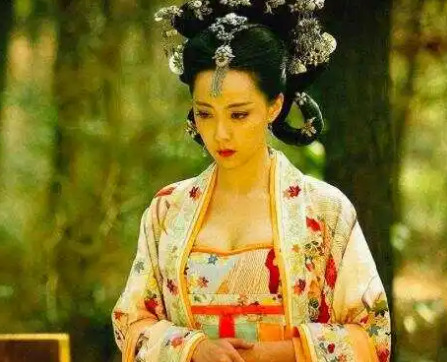Yang Guang's killing of his father and seizing of the throne is a controversial case in Chinese history. However, what is the truth behind it?

Firstly, we need to clarify that Yang Guang did not directly kill his father, Emperor Wen of Sui Dynasty, Yang Jian, by violent means to seize the throne. According to the "Book of Sui", Emperor Wen died of illness, rather than being murdered. During his father's illness, Yang Guang had already gained control of the government, and he inherited the throne smoothly as the crown prince, which was not uncommon in the feudal society at that time.
Secondly, Yang Guang's usurpation of the throne was not invented out of nothing. During his reign, he implemented a series of policy reforms that to some extent intensified social conflicts and triggered popular dissatisfaction. Therefore, some people believe that this is evidence of his usurpation. However, these reforms also led to further economic and cultural development of the Sui Dynasty, playing a positive role in the long-term development of the country.
Furthermore, Yang Guang's personal conduct is also an important reason why he was questioned. During his reign, he lived a luxurious life, was fond of boasting, and frequently launched wars, all of which greatly reduced his popularity among the people. However, these cannot be used as evidence of his killing of his father and seizing of the throne.
Overall, there is no conclusive historical evidence to support the claim that Yang Guang killed his father and seized the throne. His succession of the throne was more influenced by the historical background and social environment at that time. When evaluating historical figures, we should take a more comprehensive and objective view of their actions and achievements, rather than simply judging them as good or bad, right or wrong.
Disclaimer: The above content is sourced from the internet and the copyright belongs to the original author. If there is any infringement of your original copyright, please inform us and we will delete the relevant content as soon as possible.































